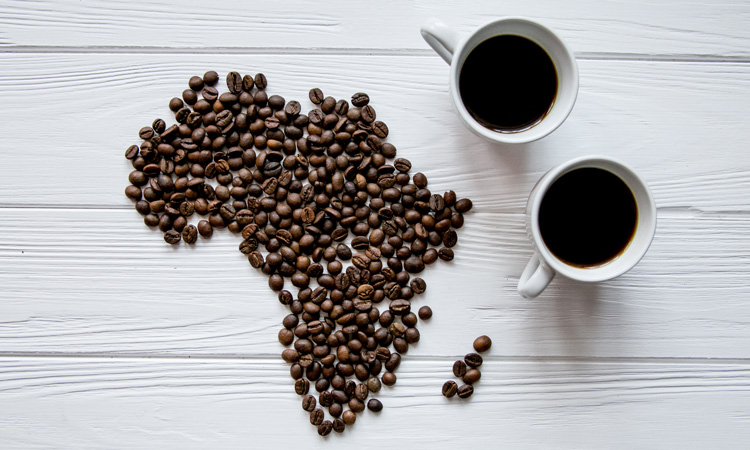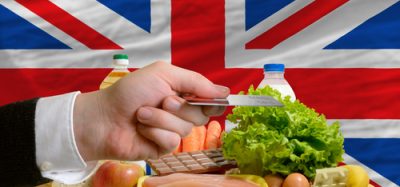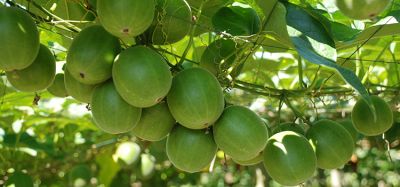Report calls for International Coffee Agreement to end African exploitation
- Like
- Digg
- Del
- Tumblr
- VKontakte
- Buffer
- Love This
- Odnoklassniki
- Meneame
- Blogger
- Amazon
- Yahoo Mail
- Gmail
- AOL
- Newsvine
- HackerNews
- Evernote
- MySpace
- Mail.ru
- Viadeo
- Line
- Comments
- Yummly
- SMS
- Viber
- Telegram
- Subscribe
- Skype
- Facebook Messenger
- Kakao
- LiveJournal
- Yammer
- Edgar
- Fintel
- Mix
- Instapaper
- Copy Link
Posted: 28 July 2020 | Sam Mehmet (New Food) | No comments yet
A report by Selina Wamucii has given a ground-up perspective on how Africa’s coffee farmers are being exploited by an industry that makes billions of dollars every year.


Millions of family farmers across Africa are facing economic devastation as coffee prices offered to them continue to be on a downward trajectory, often below production costs, according to the Misery at the Farm: Africa’s Coffee Farmers are Losing Billions to Exploitation report released by Selina Wamucii, a communication and agricultural supply chain platform.
According to the report, African farmers’ share in the roasted coffee value chain is ranging from 8.7 to 12.6 percent, with the share being less in major African exporters like Ethiopia and Uganda, being at 12.6 and 10 percent respectively. Farmers’ shares in the roasted coffee value chain were noted to be higher outside of Africa with India’s coffee growers getting 15.7 percent in India and 14.9 percent in Brazil.
The report noted that lost earnings yearly for Ethiopian farmers are US $713.1 million and $229.7 million for farmers in Uganda. It is estimated that African coffee farmers are losing $1.47 billion every year from exploitative pricing of their crops.
According to John Oroko, CEO of Selina Wamucii, the situation is untenable for the African farmer, who produces fine quality coffee, but receives the lowest prices of all growers, globally. “The only feasible solution is the establishment of a quota-based, International Coffee Agreement that sets export quotas and helps steer the price and makes it possible for farmers to live from the proceeds of their hard work,” Oroko said.
“If Africa wants to bring to an end the exploitation eating away her coffee farmers, the global trading rules for coffee will have to be changed through a pro-farmer political framework. And if this cannot be achieved within the confines of the World Trade Organization (WTO), then Africans are better off looking up to OPEC for inspiration and executing a Pan Africa Coffee Agreement that doesn’t fatten a few while sucking the life out of farmers. Anything else is pure tokenism that seeks to buy time,” he concluded.







